Introduction
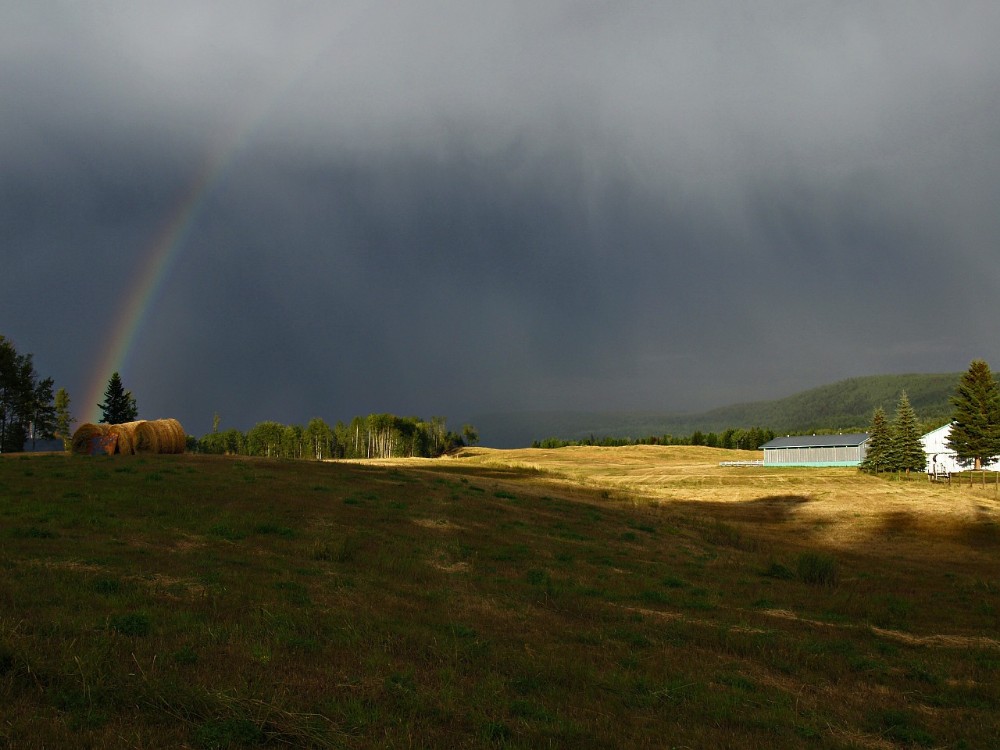
British Colubia is known for its natural bounty. Its agricultural production is second to none in Canada. The Fraser Valley lies at the heart of this agricultural hub. Excellent soil conditions and a favorable climate make the area well-suited for growing many kinds of crops. It leads the province’s agricultural production, generating up to $1 billion in gross farm income every year. It is also a lifeline for many residents since one in five jobs in the valley is linked to agriculture.
The Canadian government established the B.C. Agricultural Land Reserve (ALR) in 1973, which encompasses land zoned and protected specifically for farming purposes across the province. The ALR makes up about 5% of the province’s total area. A large portion of it is situated in the South Fraser region.
The City of Surrey harbors over 2,465 hectares of available farmland, which is roughly 27% of the ALR. Some of the land has already been cultivated, making it more convenient for buyers and investors.
The Fraser Valley is a major producer of over 200 commercial farm products, including:
- Potatoes
- Celery
- Green and wax beans
- Blueberries
- Cranberries
It should be no surprise that vacant land in Fraser Valley comes at a premium. According to the Winnipeg Free Press, farmland sells for $100,000 per acre. The 2019 Farm Credit Canada (FCC) Farmland Value Report found a 7.8% average increase in farmland value in the South Coast region, where Fraser Valley is situated. The majority of farmland purchases that year were made in the Fraser Valley with sales prices averaging $102,067 and ranging from $50,700 to $186,000.
Farmland is also in short supply. Tight inventory creates further sales and lease price increase. According to Young Agrarians, there was a higher demand for farmland in the eastern portion of Fraser Valley than the west, noting that land generally has lower values in the area. This suggests that the best-priced farming properties in the valley are going off the market.
The future also holds a lot of promise for Fraser Valley, with demand for its agri-food products on the rise both in Canadian and international markets.
The BC Government also supports farmers in meeting common challenges through its Climate Action Initiative. The initiative was established in 2008 by the BC Agriculture Council, a non-profit, non-governmental organization representing over 30 farm associations that generate up to 96% of provincial farm gate sales.
Table of contents
- Introduction
- Things to consider when buying acreage
- How to purchase an acreage for sale in Fraser Valley, BC
- Questions to ask when buying acreage for sale in Fraser Valley, BC
- Why you need an expert when buying acreage in Fraser Valley, BC
- Closing
Things to consider when buying acreage
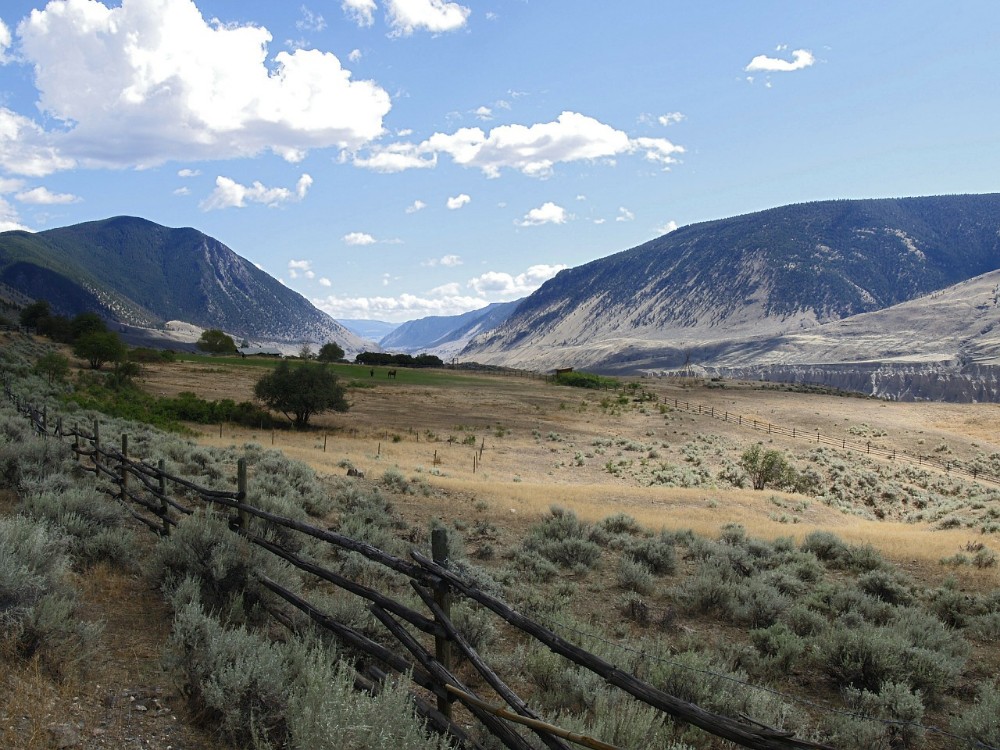
If you plan on buying farmland for business or recreation, it’s important to evaluate land to make sure it suits your needs and intended land usage. Here are some things to consider when choosing farmland in Fraser Valley:
Location
Fraser Valley is one of the most desirable areas for farmland in Canada. But you’ll have to decide where to purchase in the valley. It’s generally advisable to choose a location based on its proximity to the markets, employee housing, parking spaces, equipment sellers and other amenities.
When it comes to farmland, Fraser Valley is generally divided into east and west. There are several types of farm properties in the area. The eastern part of the Fraser River Valley is known for its dairy and poultry farms while the western portion of the Fraser Valley is dominated by horticultural farms that produce potatoes and lettuce.
With the exception of the cities of Mission and Maple Ridge to the north, and Chilliwack and Abbotsford south of the Fraser River, the valley is mostly made up of prairies. Nearly all of its fertile land is rural and is suitable for farming, forestry and outdoor recreation.
There are six unincorporated areas and municipalities that fall under the Fraser Valley Regional District (FVRD), which is home to approximately 280,000 residents:
- Abbotsford
- Chilliwack
- Harrison Hot Springs
- Hope
- Kent
- Mission
These municipalities range from smaller rural villages to large cities. The FVRD is one of 27 regional districts in BC and is the third most populous. The Fraser Valley also provides access to Metro Vancouver, with both areas making up the Lower Mainland.
In terms of location, the FVRD provides access to a market of over 2.5 million consumers. It also offers access to reliable water supply and proximity to esteemed educational and research institutions that foster innovation in agricultural production.
The FVRD is arguably the most heavily farmed area in the country. Although it accounts for just 2.4% of the total land farmed in the province and 14% of its farm properties, it generates a sizable chunk of provincial gross annual farm receipts amounting to 38%. Moreover, the annual economic value of agriculture in the FVRD is worth a staggering $3 billion.
You can check maps, COSMOS and spatial data to determine whether your preferred location falls within the ALR.
Soil and vegetation
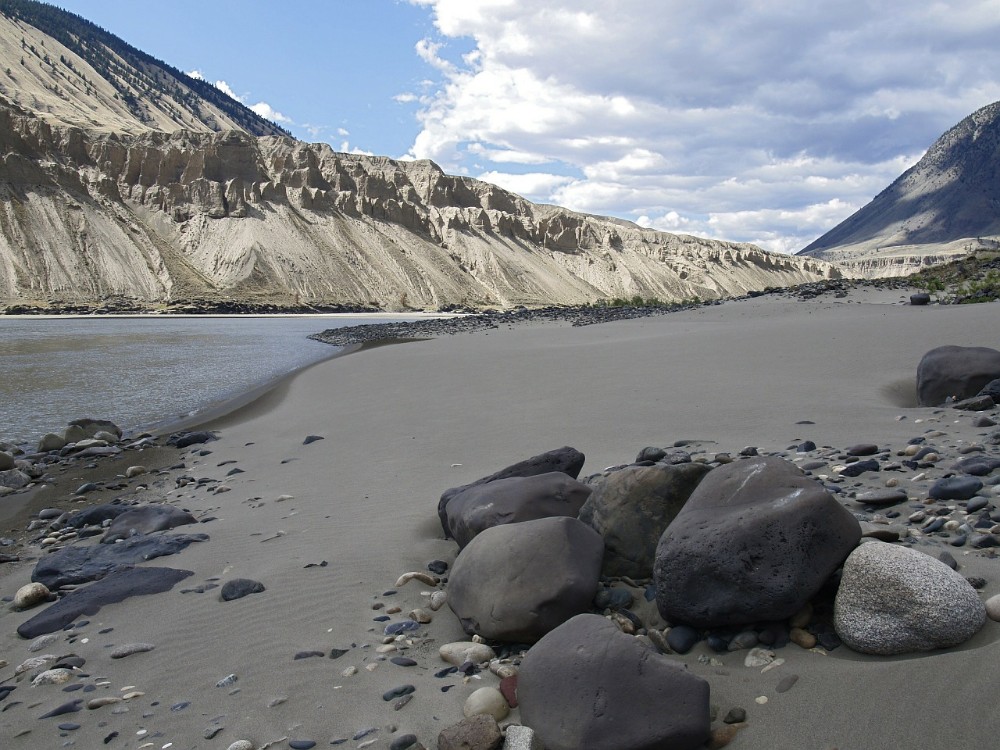
When choosing acreage for sale in Fraser Valley, make sure the soil is the right type for your preferred crop. It’s also worth scouting the area for harmful weeds. Overall there are approximately 200 soil series or phases of soil series in the Lower Fraser Valley. The most valuable type of soil is alluvial soil, which develops from sand and silt deposited by rivers and streams . Alluvial soil is extremely fertile and can be found mainly in the Lower Fraser Valley.
Buyers of farmland must identify soil characteristics that are suitable for the crops they wish to cultivate. Some factors to consider for soil management and selection include:
- Soil parent material
- Texture
- Surface soil organic matter level
- Drainage
- Depth to restricting or impervious layers
- Stoniness
- Salinity
- Topography
The fertile soils found in the South Fraser region are ideal for many types of crop production, including vegetables, fruit, grains and livestock feed. The Soil Management Handbook for the Lower Fraser Valley contains information on soil types and management.
Layout and topography
When choosing a site, you must evaluate the land’s topography and orientation. Is it mostly flat or hilly or flat, and in what direction does sun exposure come from? It’s also important to consider wind exposure, which can potentially make growing more challenging.
This is because different crops require different amounts of sunlight and wind exposure. Some crops require plenty of direct sunlight to grow while others can wilt under too much sun exposure. Slight breezes can help young plants become sturdier while strong winds can uproot them.
Water, power and cellphone reception
Crops rely on water for sustenance, which is why it’s important for farmland to have adequate water supply for irrigation. Check the area’s history for water shortage and other water supply issues. Make sure that it has access to potable water for washing produce and human consumption. Inquire about any water treatment systems and utilities on the site. You can get in touch with the local engineering department to determine if there were any wells or sufficient aquifer production in your preferred location.
Power supply is also another concern. Is there enough power on the site and does it have the right voltage and capacity for your farm equipment? Check for any backup power sources in case of an outage.
Lastly, check the site for cell reception. Make sure that your mobile phone works in the area. This will make it easier for you to communicate with suppliers, employees, and family members while staying on the farm. If the area has poor cell reception, determine whether a landline will be sufficient for your business and operation.
Storage and facilities
When choosing acreage for sale in Fraser Valley, survey the site to see if there are secure buildings or structures in which to store farm equipment and livestock. Inquire about refrigeration facilities, greenhouses and farm stands depending on the requirements of your farm operation. If these structures are available, have them inspected to determine their age and condition. This will help you discern the need for repairs and improvements. If no such buildings or structures exist on the land, you’ll need to find out if you can build on the land, and whether the site is suitable for these types of structures.
Equipment
Will the sale include machinery that you can use for farming? This can help reduce the costs of starting your own farm operations and make it more convenient. If the sale includes farm equipment, you’ll need to discern the condition of the items. This will help you decide if they’re still fit for their intended purpose or whether they need to be replaced. You can also ask the landowner for referrals for farm equipment repairs and maintenance.
The type of equipment your farm needs will depend on what you want to grow. You may find yourself looking for anything from trucks, tractors and ploughs to seeders, fertilizer spreaders, sprayers and mulchers. Create a detailed inventory of farm machinery as part of your business plan.
How to purchase acreage for sale in Fraser Valley, BC
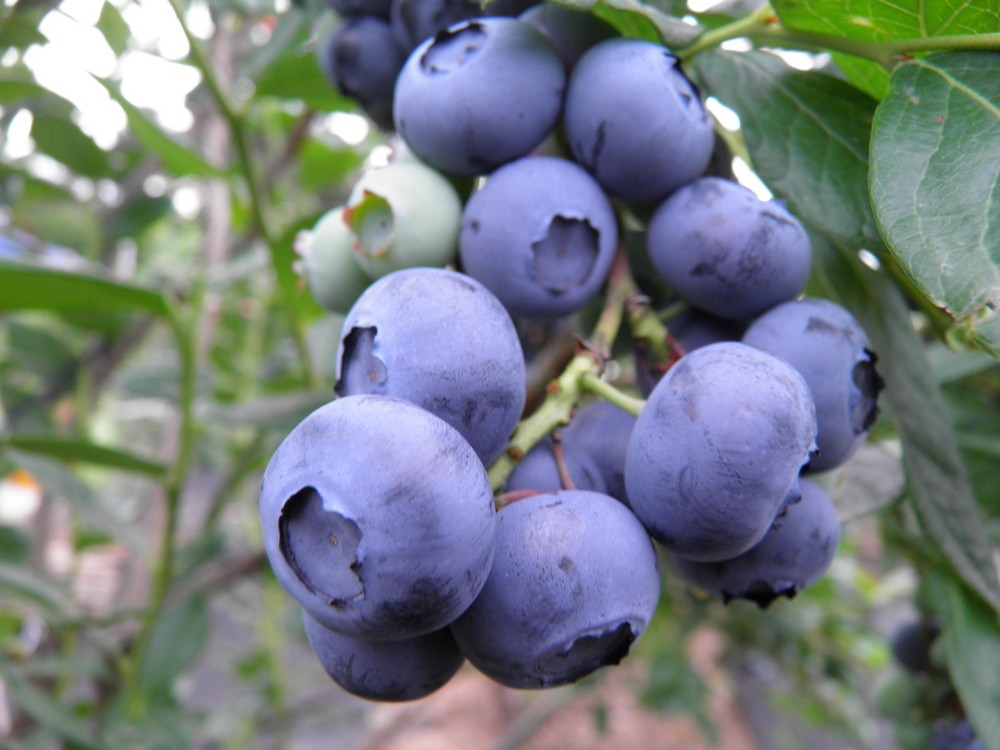
If you’re securing financing for farmland in Fraser Valley, here’s what you need to know about loan types and payments.
Down payment
When taking out a land loan in BC, you should expect to make a down payment of 25% to 50% of the sales prices. The amount will depend on the lender’s policies, the piece of land to be purchased, and potential land usage. If you already own real estate in Canada with substantial equity, it can be used as collateral to help eliminate or reduce the need for a down payment.
Financing strategies
The type of financing you’ll need for farmland in Fraser Valley will ultimately depend on the size of the property, size of farm operations, and your overall financial health. There are four main types of financing strategies to consider when purchasing Fraser Valley farmland:
- Personal resources – You can pay cash for a farm purchase with personal savings or lines of credit.
- Business and farm loans – You can secure a loan or line of credit from a financial institution for farmland and farming machinery. Most banks will finance a new piece of farming equipment over a period of seven to 10 years and used equipment, for up to five years. The Canadian Agricultural Loans Act program also provides guarantees for equipment loans that can help keep interest rates low.
- Operating credit – There are suppliers and co-operatives that offer short-term credit during the growing period in exchange for future earnings from farm operations.
- Farm grants – You may be eligible for farm grants or loans to help with start-up, hiring, training or marketing your farm business.
Questions to ask when buying acreage for sale in Fraser Valley, BC
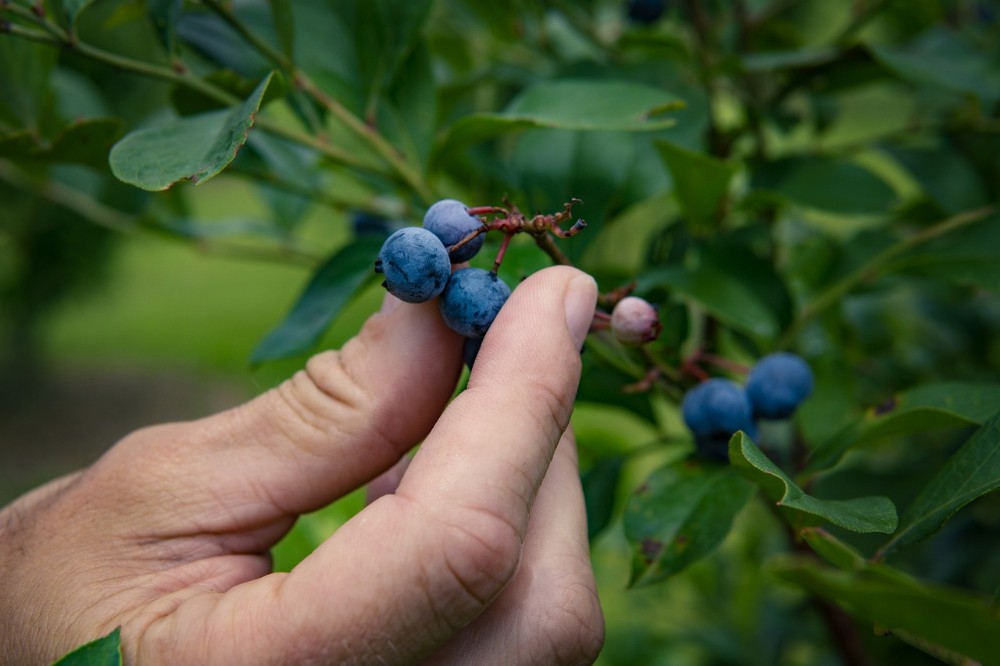
These questions will help you determine whether the piece of farmland is a good investment:
- Does the property have a clear title?
- Are there any easements on the property that allow neighbors, developers, and utilities onto any part of the property?
- Is there a proven water source for the land, and if so, how deep does it go?
- Is the land covered by utility providers, including Internet, landline, mail delivery, and trash and recycling pickup?
- Are there restrictive covenants that can impede your ability to build on the land and make other changes?
- Are there issues like soil contamination that can potentially cause problems for land use?
- Does the city or province have any plans to rezone the land or the area surrounding it in the future?
Why you need an expert when buying acreage in Fraser Valley, BC
The Fraser Valley is a vast area offering all kinds of opportunities. It takes an experienced real estate agent to help you find the right piece of land for your farming ventures. An agent can help you choose the best property, go over your financing options, and ensure that the buying process goes smoothly. They can also offer insight on other aspects of your farmland ownership, such as leasing the land, purchasing farm equipment, and determining which crops grow best on the property.
Closing
If you’re ready to start your farm business or hobby farm you’ve always wanted, call me, Don Munro, at 604.817.7338 or email me at BotSoldMunro(at)gmail(dotted)com. You can also message me here. I have over 35 years of experience in buying and selling real estate in the Lower Mainland, including Vancouver, Chilliwack, Abbotsford, and Langley. I offer good value for your hard-earned money with reliable real estate services. Together, we’ll find a farm property that offers good returns.

